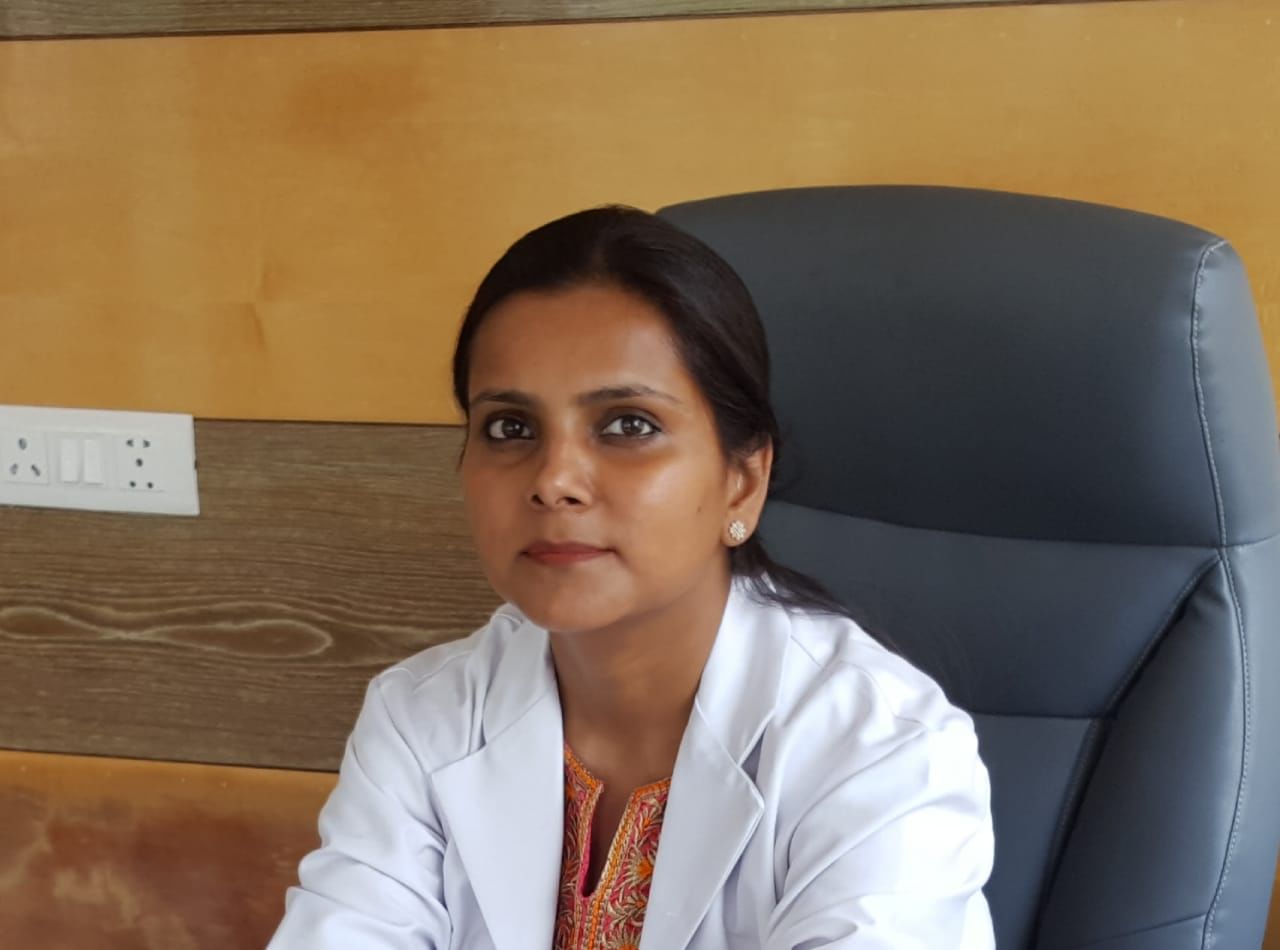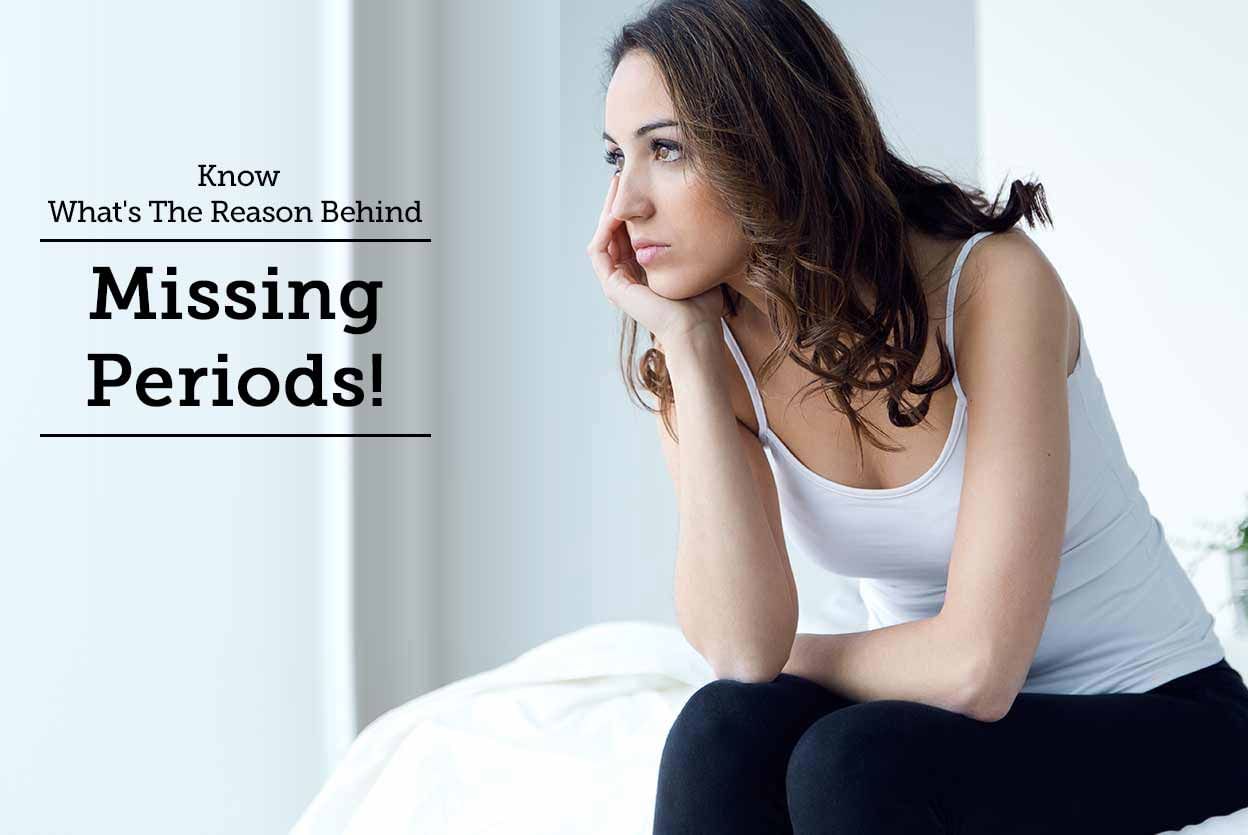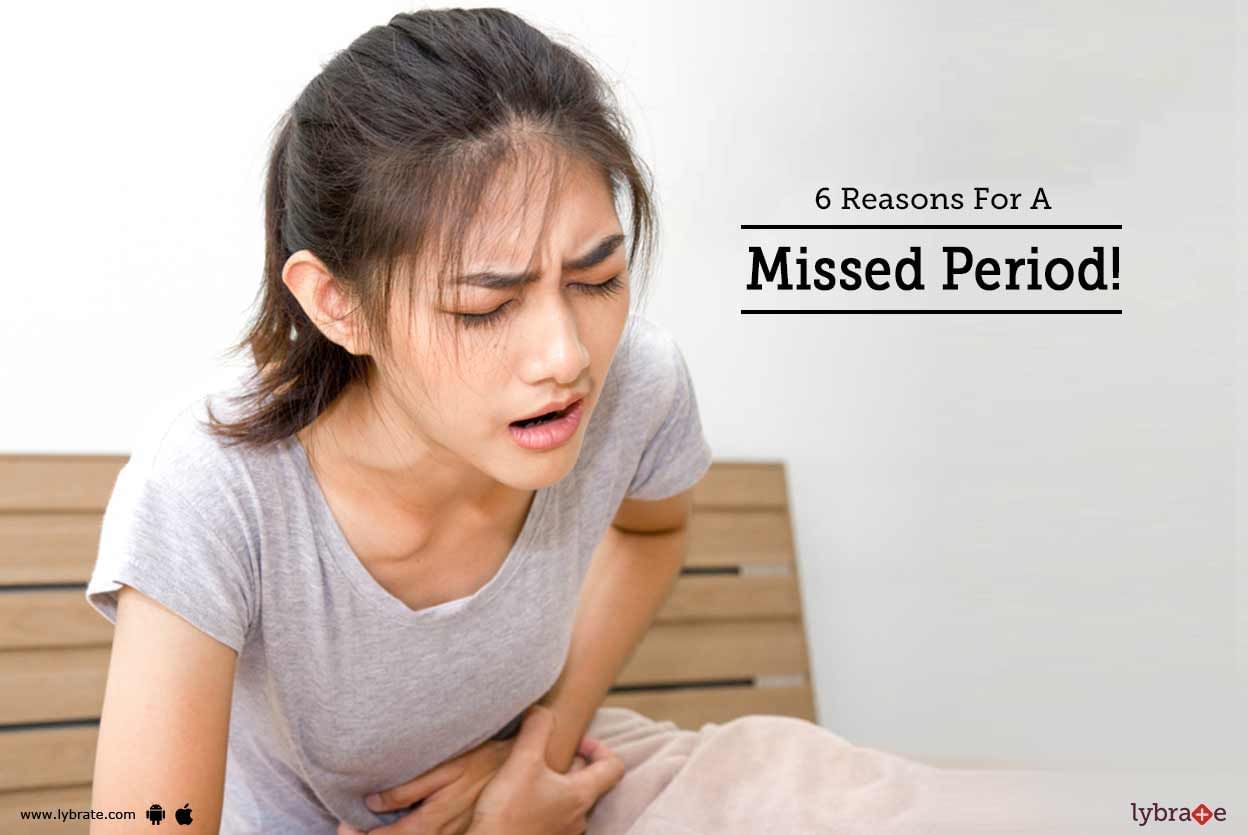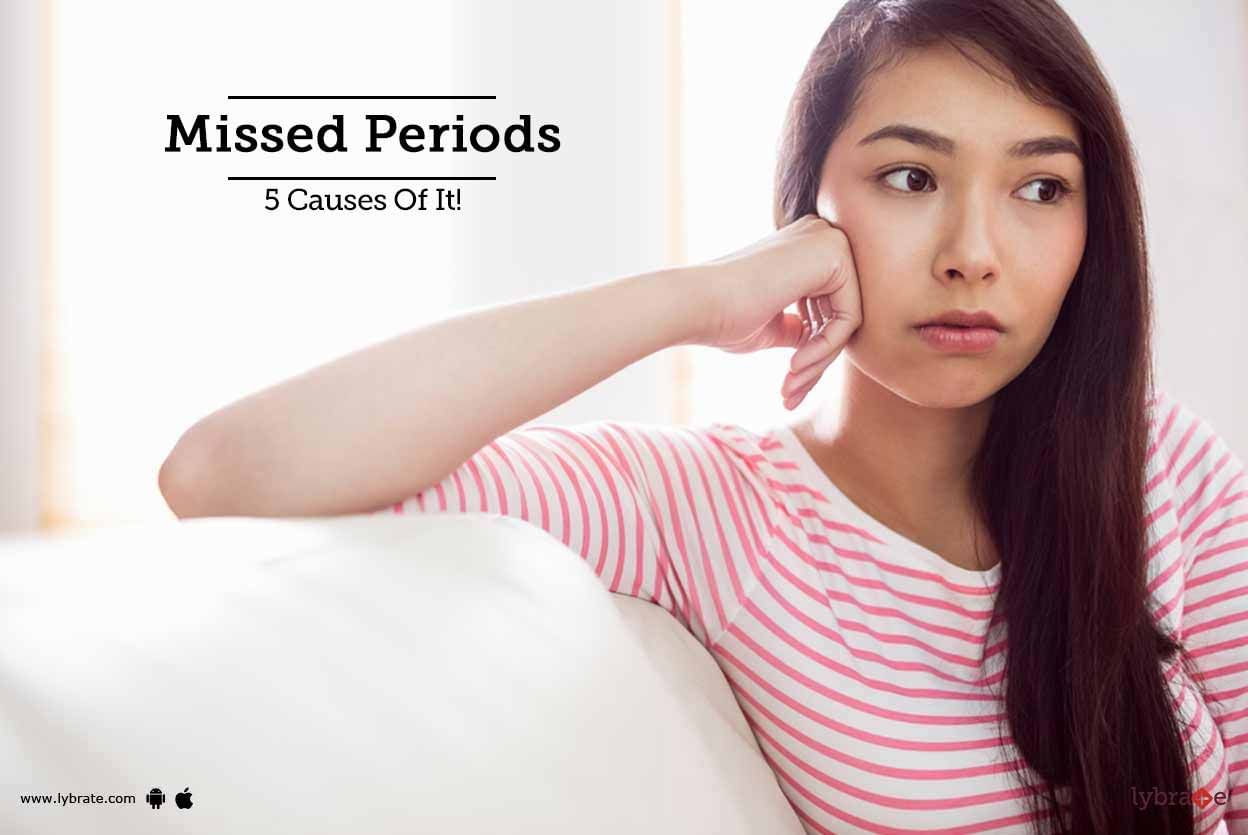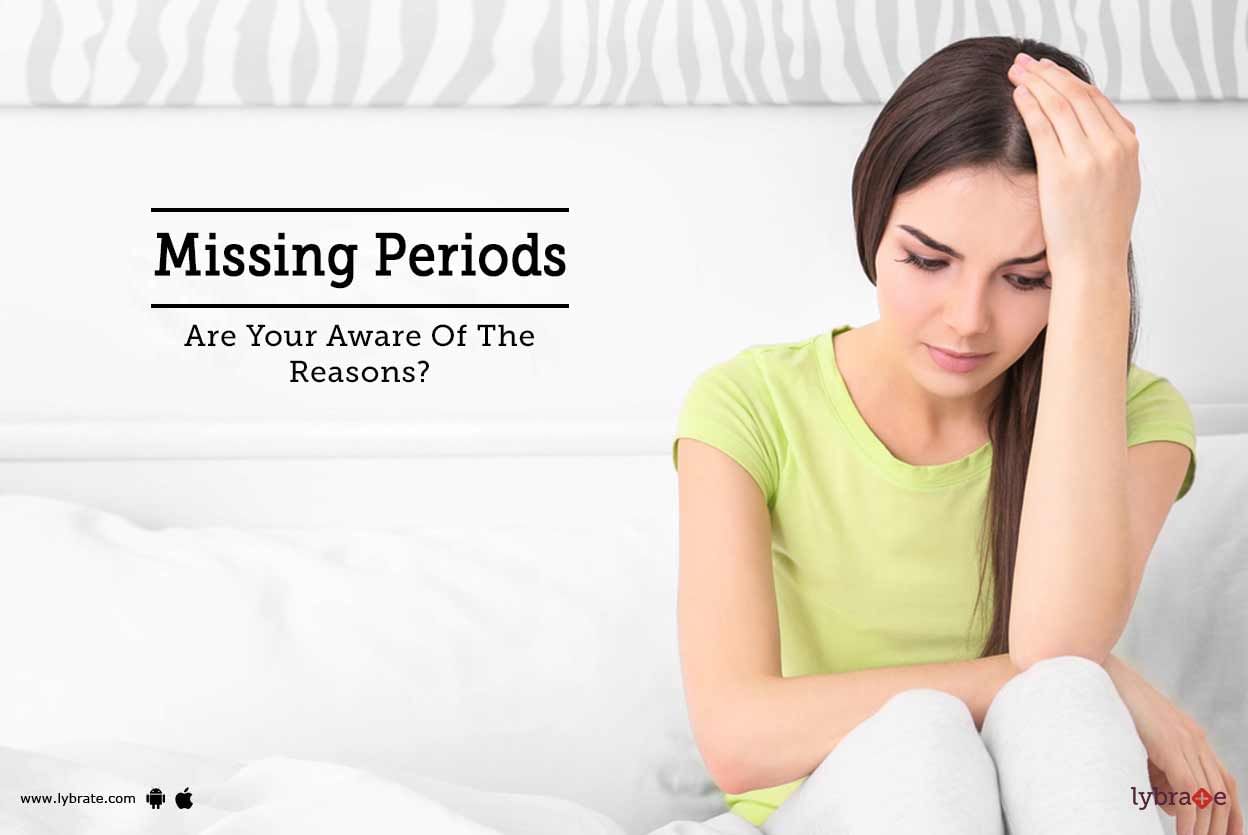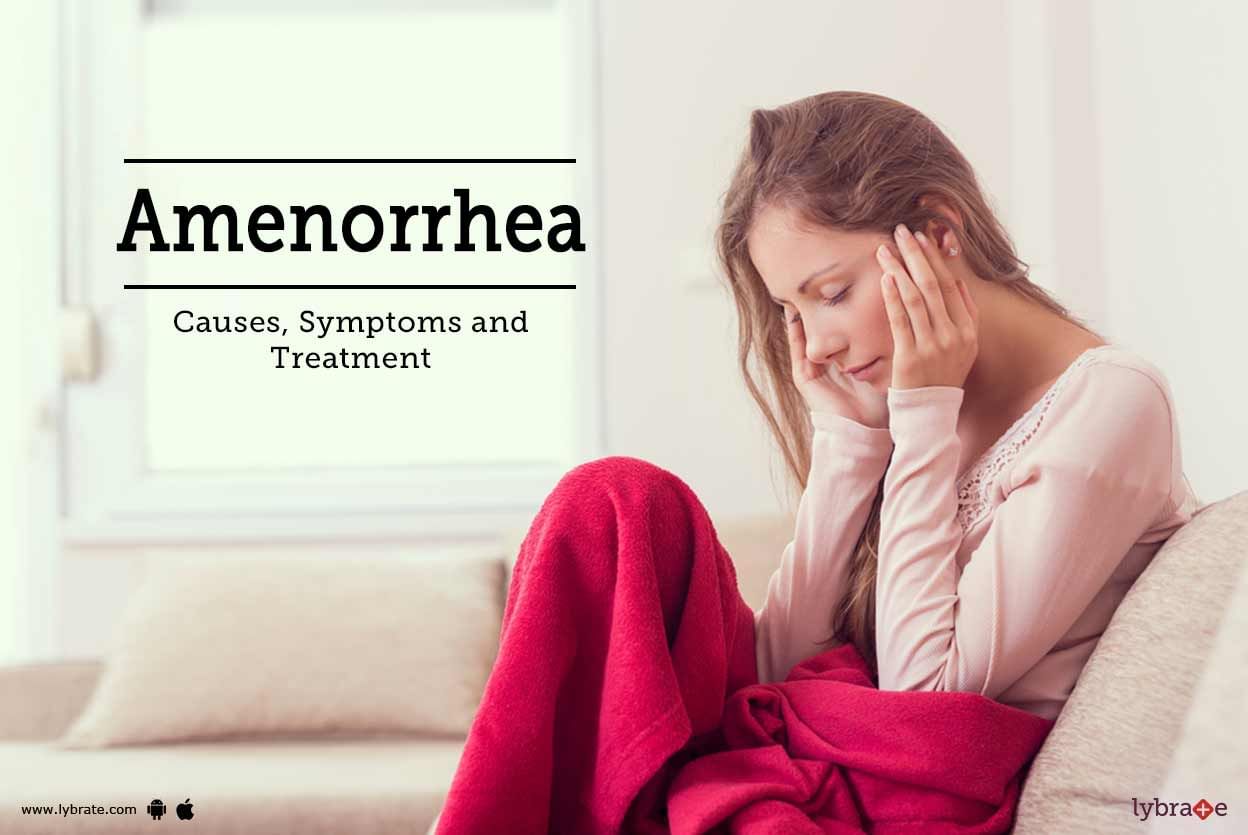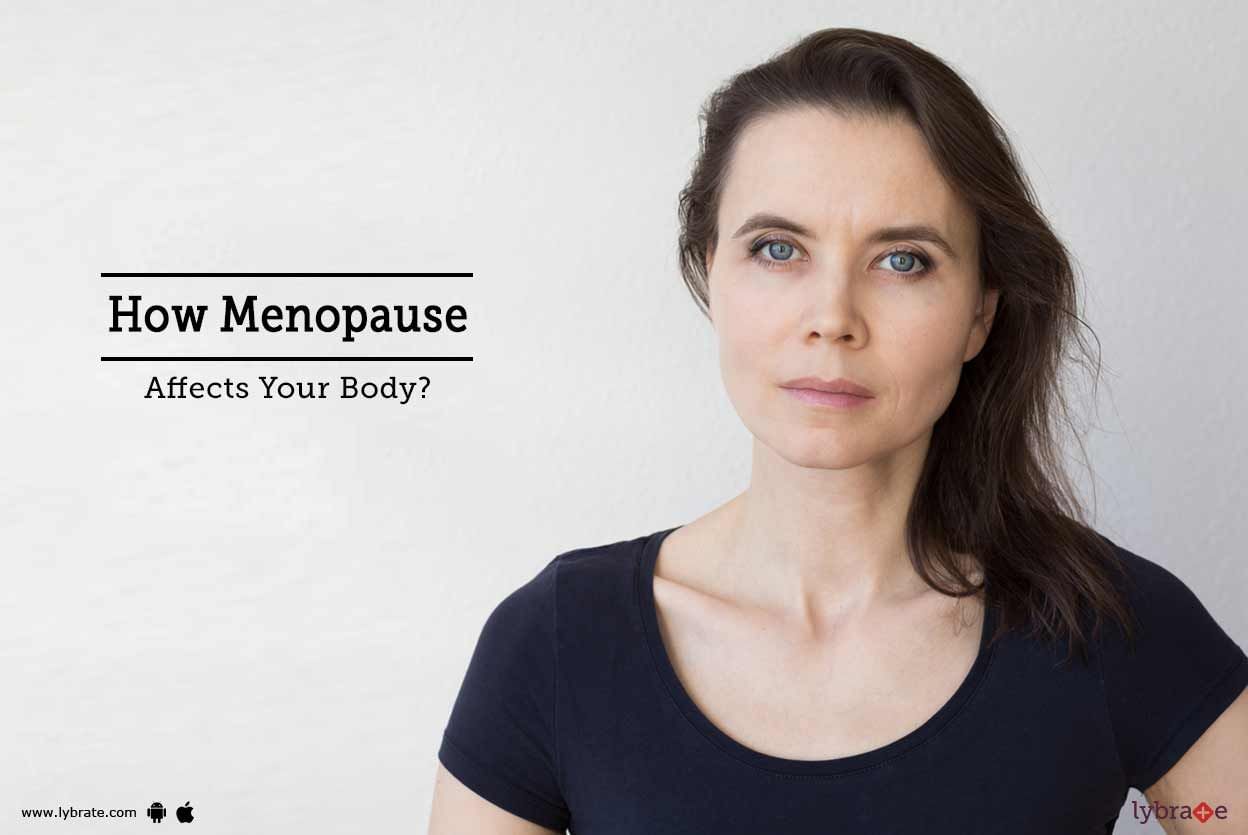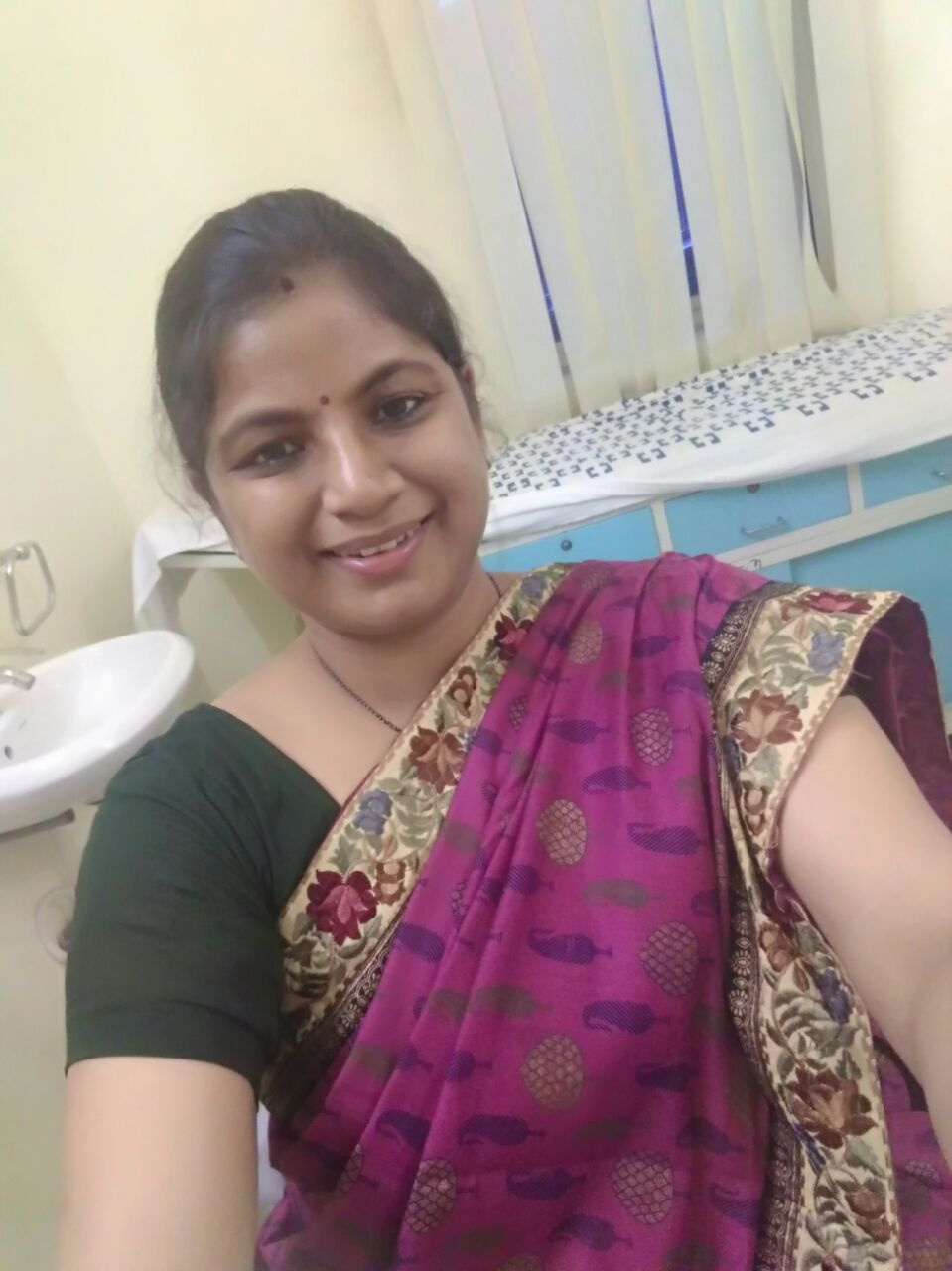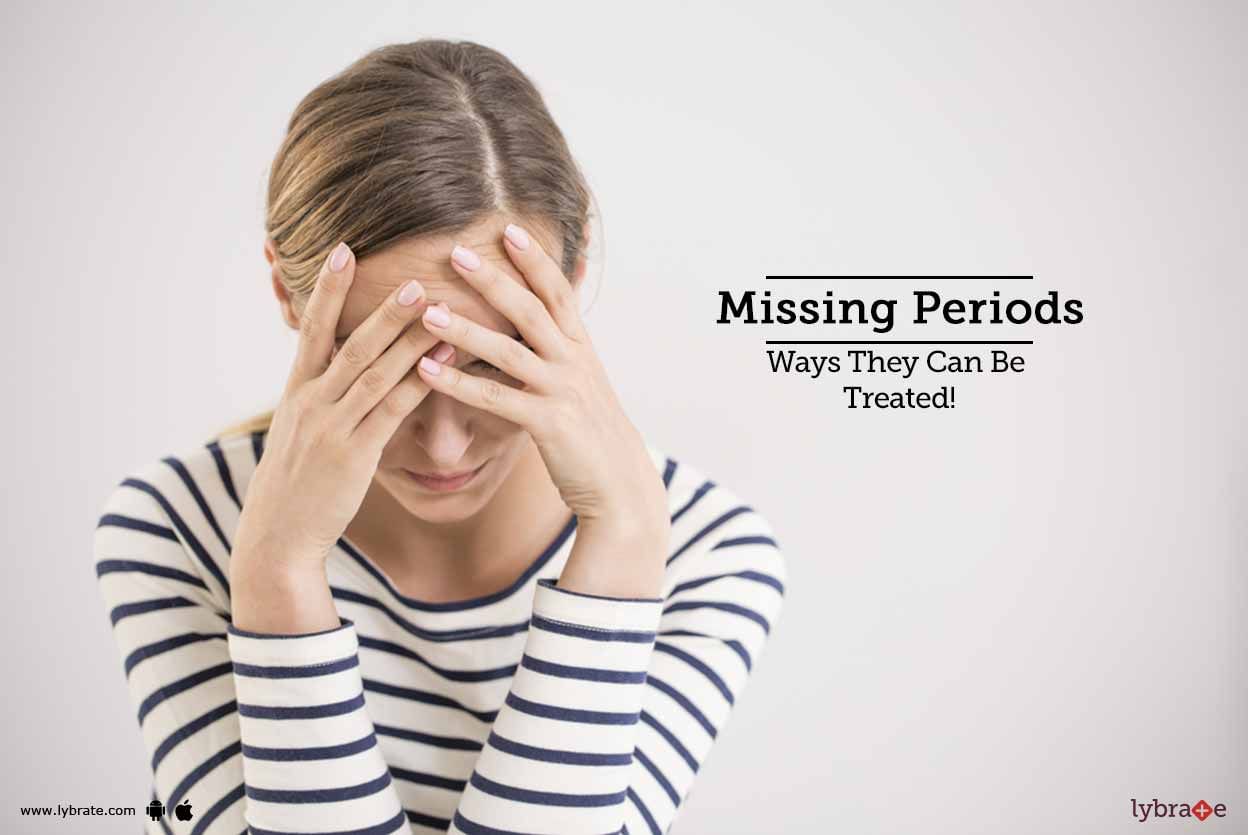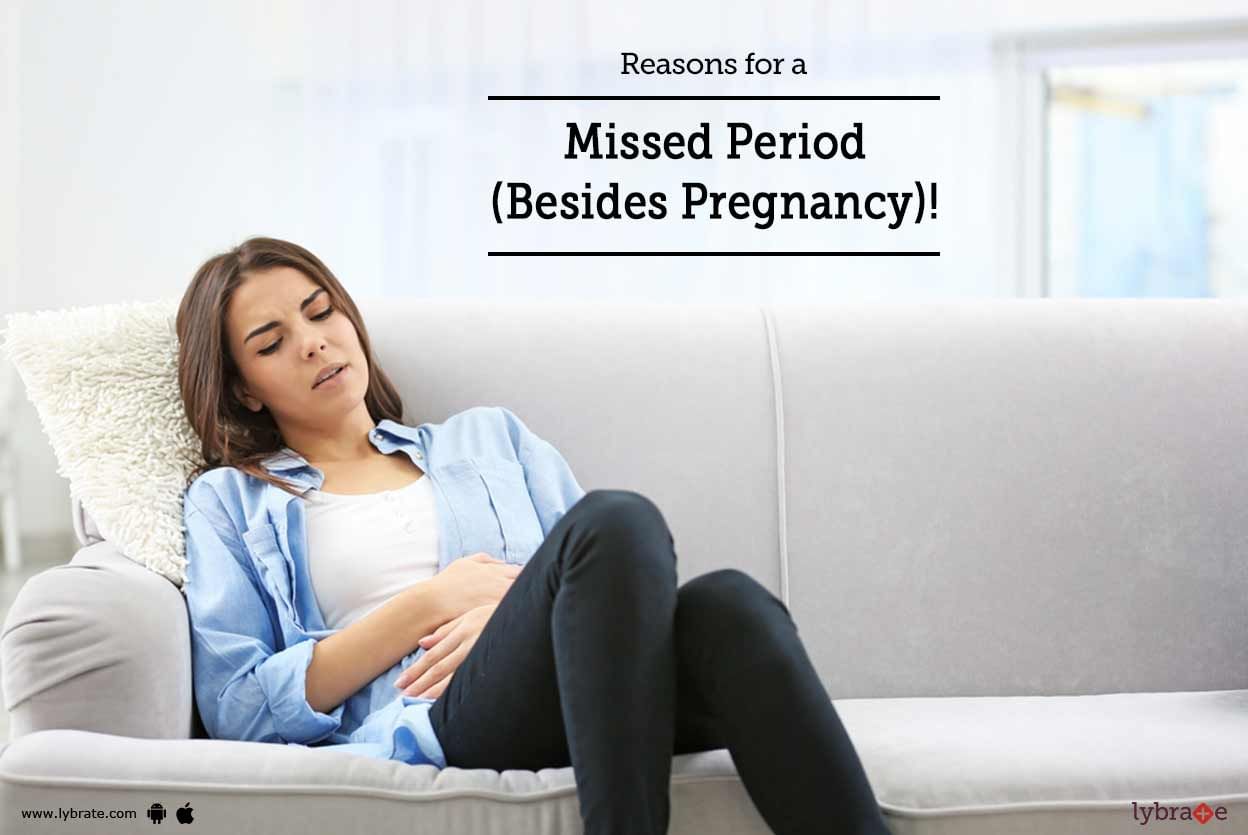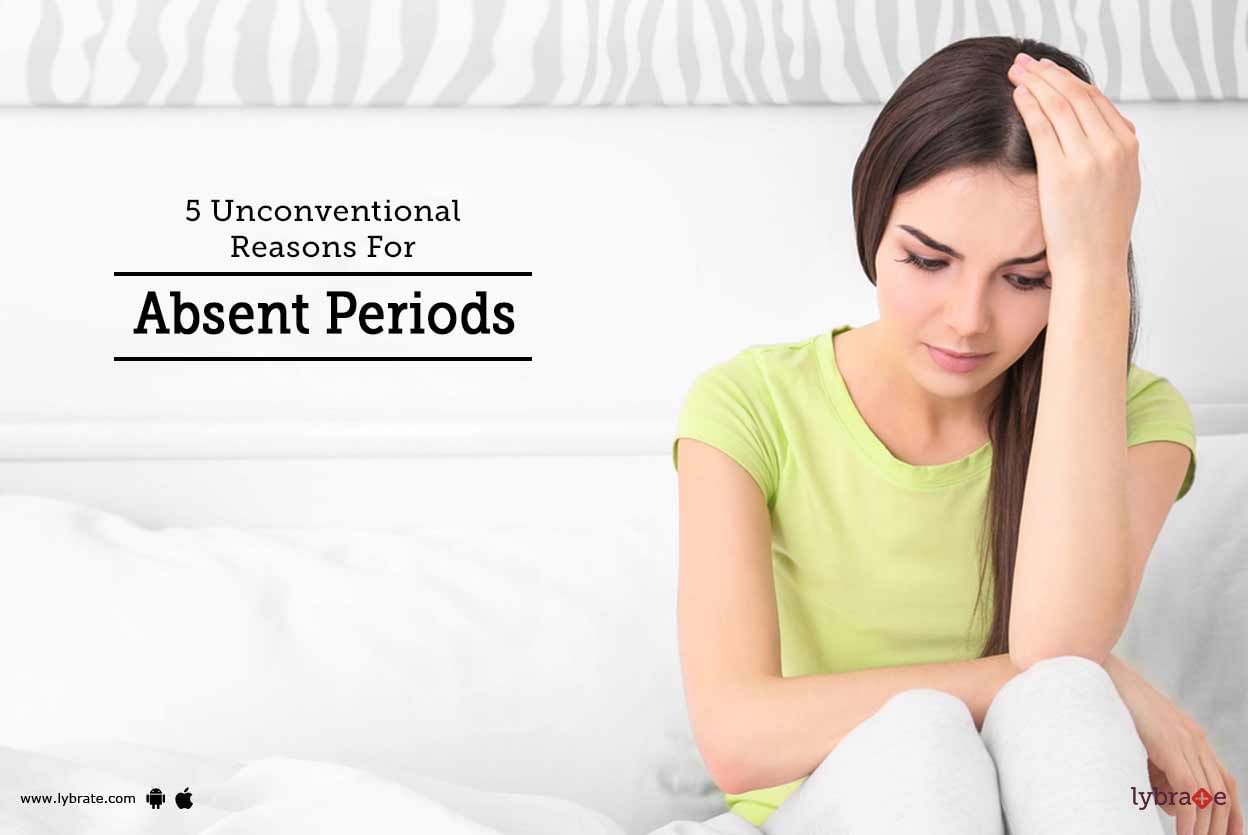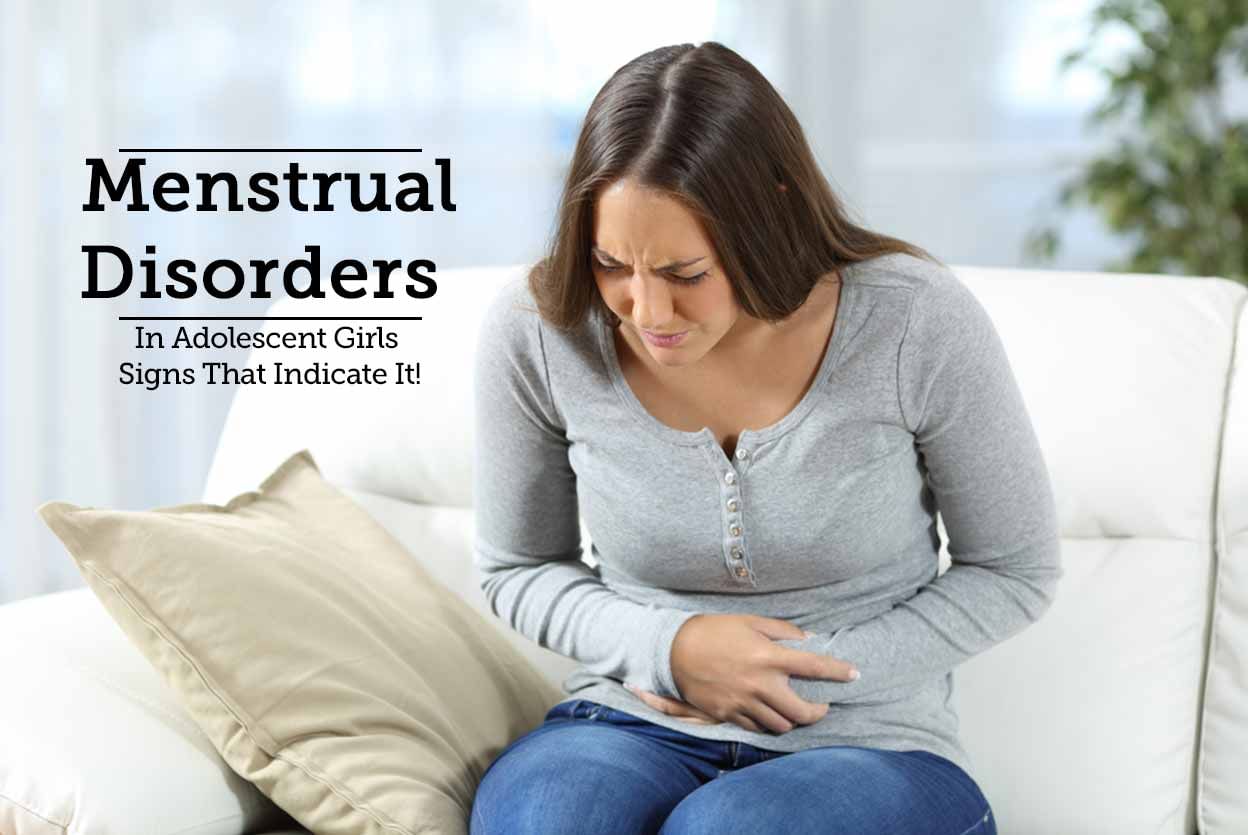Get the App
For Doctors
Login/Sign-up
Health Feed
Find Doctors
Health Packages
AllQ&AsTipsQuizzes
No Periods Tips
Last Updated: 7 years ago• Featured Tip
Share
Bookmark
Report
It's anything, but difficult to make a hasty judgment when you understand your period is late. In case you're attempting to conceive, you may have this feeling of incredulity. In case you're not, you may feel frustrated or disarrayed in the event that you know it is highly unlikely you could be pregnant. The truth of the matter is, however, the vast majority naturally consider pregnancy, at the time of a late period, it may be the case that or one of numerous different conceivable outcomes.
more
more
Last Updated: 7 years ago• Featured Tip
Share
Bookmark
Report
Amenorrhea is the medical condition wherein a woman misses the menstrual periods. Girls aged 15 or more who have not yet started menstruating are at the maximum risk of this condition. The most common cause of amenorrhea is pregnancy. Other causes of amenorrhea include problems concerning the reproductive organs or glands that help to regulate hormone levels. Treatment of the underlying conditions often resolves amenorrhea.
Some of the main causes and solutions of amenorrhea are:
more
Some of the main causes and solutions of amenorrhea are:
Last Updated: 7 years ago• Featured Tip
Share
Bookmark
Report
It's anything, but difficult to make a hasty judgment when you understand your period is late. In case you're attempting to conceive, you may have this feeling of incredulity. In case you're not, you may feel frustrated or disarrayed in the event that you know it is highly unlikely you could be pregnant. The truth of the matter is, however, the vast majority naturally consider pregnancy, at the time of a late period, it may be the case that or one of numerous different conceivable outcomes.
...more
...more
Last Updated: 7 years ago• Featured Tip
Share
Bookmark
Report
The absence of periods is medically termed as amenorrhoea. Normally, women do not get their periods prior to puberty, throughout pregnancy and after menopause. If you do not get your periods when you normally should, you might be suffering from amenorrhoea.
Amenorrhoea can be of two types, which include:
Primary amenorrhoea: menstruation does not begin till age 16
Secondary amenorrhoea: normal menstruation is disrupted when you skip your periods for more than three monthsmore
Amenorrhoea can be of two types, which include:
Primary amenorrhoea: menstruation does not begin till age 16
Secondary amenorrhoea: normal menstruation is disrupted when you skip your periods for more than three months
Last Updated: 7 years ago• Featured Tip
Share
Bookmark
Report
Amenorrhea is a condition when a woman of childbearing age fails to menstruate. A woman normally menstruates every 23 to 35 days.The part of the brain called the hypothalamus regulates the menstrual cycle. The hypothalamus stimulates the pituitary gland. The pituitary gland lies just below the hypothalamus at the base of the brain.
There are two types of amenorrhea:
1. Primary amenorrhea occurs when a woman has not had her first menstrual period (menarche) by age 15 or 16. This cond...more
There are two types of amenorrhea:
1. Primary amenorrhea occurs when a woman has not had her first menstrual period (menarche) by age 15 or 16. This cond...more
Last Updated: 7 years ago• Featured Tip
Share
Bookmark
Report
Menopause is characterized as the absence of menstrual periods for 12 months. It is the time in a woman s life when the ovaries stop functioning. The periods then stop forever. The normal period of menopause is 51 years of age, however, menopause may happen as ahead of schedule i.e. as early as 30s or as late as the 60s. There is no solid lab test to determine when a lady will encounter menopause. Here are a few ways in which menopause affects a woman s body:
Skin: Consequences of menop...more
Skin: Consequences of menop...more
Last Updated: 7 years ago• Featured Tip
Share
Bookmark
Report
The absence of periods is medically termed as amenorrhoea. Normally, women do not get their periods prior to puberty, throughout pregnancy and after menopause. If you do not get your periods when you normally should, you might be suffering from amenorrhoea.
Amenorrhoea can be of two types, which include:
Primary amenorrhoea: menstruation does not begin till age 16
Secondary amenorrhoea: normal menstruation is disrupted when you skip your periods for more than three monthsmore
Amenorrhoea can be of two types, which include:
Primary amenorrhoea: menstruation does not begin till age 16
Secondary amenorrhoea: normal menstruation is disrupted when you skip your periods for more than three months
Last Updated: 7 years ago• Featured Tip
Share
Bookmark
Report
Amenorrhea is the medical condition wherein a woman misses the menstrual periods. Girls aged 15 or more who have not yet started menstruating are at the maximum risk of this condition. The most common cause of amenorrhea is pregnancy. Other causes of amenorrhea include problems concerning the reproductive organs or glands that help to regulate hormone levels. Treatment of the underlying conditions often resolves amenorrhea.
Some of the main causes and solutions of amenorrhea are:
more
Some of the main causes and solutions of amenorrhea are:
Last Updated: 7 years ago• Featured Tip
Share
Bookmark
Report
The amount of emotional upheaval that periods, or no periods (for that matter) can cause, is something that every woman is aware of. It's normal to miss your period for different reasons occasionally, but develops to be a concern if this absence persists over a period of time. The condition is then termed as a case of secondary amenorrhea. Although most people are quick to consider pregnancy while dealing with the various reasons for missed periods, there are a number of possibilities which are ...more
Last Updated: 7 years ago• Featured Tip
Share
Bookmark
Report
Menstruation is a barometer of a women's health. Any changes in the menstrual pattern of a woman could be a harbinger of serious underlying disease and should not be overlooked. However adolescent girls are a special case where menstrual pattern is variable and much different from Adult women. It is very common for teenaged girls who have recently started menstruating to have irregular periods. This period pattern is wrongly classified as 'period problems". At the same time one needs to understa...more
Book appointment with top doctors for No Periods treatment
View fees, clinic timings and reviews
Ask a free question
Get FREE multiple opinions from Doctors
posted anonymously

